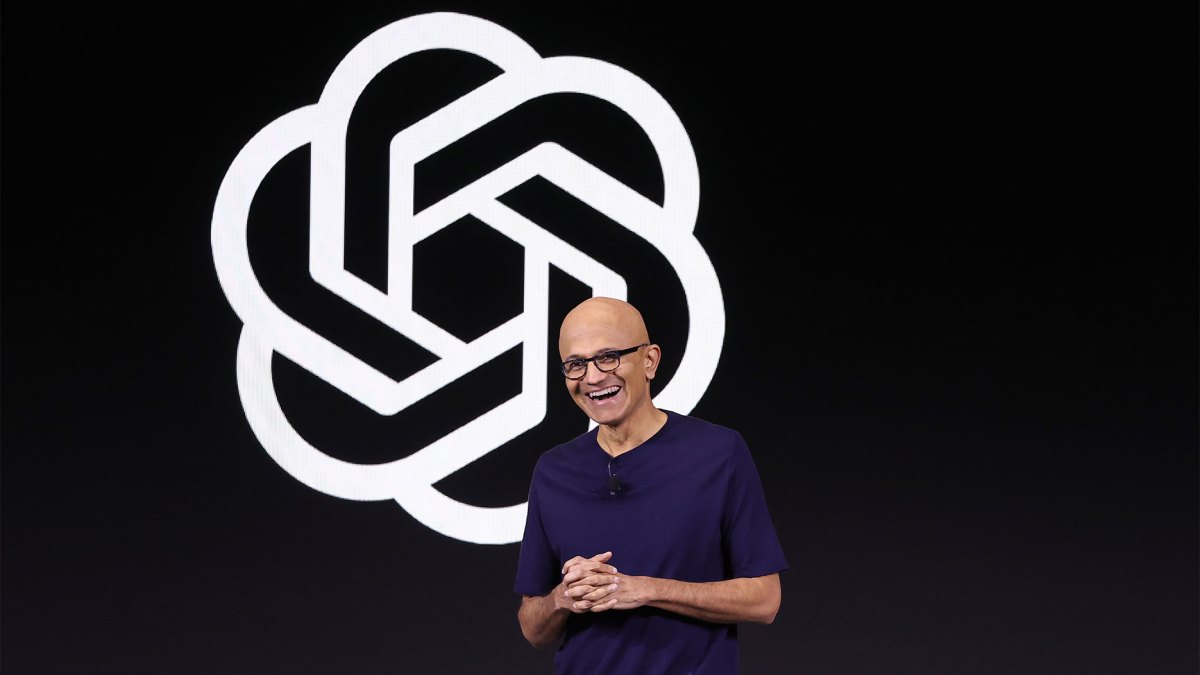Microsoft Intensifies AI Initiatives to Compete with OpenAI

Microsoft’s Bold AI Strategy
Microsoft is intensifying its efforts to establish itself as a prominent player in the AI landscape, particularly in competition with OpenAI, an organization it has closely collaborated with for years. This shift comes as Microsoft seeks to develop its own advanced AI models while searching for alternatives to enhance its products, such as the widely used Copilot bot.
Development of New AI Models
Recent reports indicate that Microsoft has created its own AI reasoning models that rival those developed by OpenAI, specifically models referred to as o1 and o3-mini. According to sources, Microsoft has encountered challenges in gaining insight into OpenAI’s technology. OpenAI has reportedly declined to share key technical information about the o1 model with Microsoft, leading to rising tensions between the two organizations. This situation highlights the complexity of their relationship, which has shifted from collaboration to competition.
The MAI Family of Models
In its pursuit of AI independence, Microsoft has introduced a suite of models known as MAI. These models are deemed competitive with OpenAI’s offerings and could serve as a foundation for various applications. There’s anticipation that Microsoft might release these models through an API in the near future. This would not just enhance Microsoft’s product portfolio but also set the stage for broader integration of these tools into various applications and services.
Potential Partnerships and Alternatives
In addition to developing its own models, Microsoft is actively testing alternative AI technologies from several companies, including xAI, Meta, Anthropic, and DeepSeek. These alternatives are being assessed as potential substitutes for OpenAI’s technology, especially in how they relate to Copilot. The flexibility to explore various AI models is part of Microsoft’s broader strategy to ensure its products remain competitive and innovative in the rapidly evolving market.
Investment and Leadership in AI
Microsoft’s commitment to AI is further exemplified by its significant investment in OpenAI, which totals approximately $14 billion. This investment underscores Microsoft’s belief in the potential of AI technology to transform various sectors. To bolster its AI endeavors, Microsoft has also recruited key talents from the tech industry, including Mustafa Suleyman, co-founder of DeepMind and Inflection. Suleyman’s experience in pioneering AI research and development is expected to play a crucial role in guiding Microsoft’s future initiatives.
Future Outlook
Microsoft’s strategic shifts signal a critical moment in the AI landscape. As it ventures into developing independent models and explores alternative technologies, the company aims to solidify its position as a leader in AI innovation. The unfolding dynamics between Microsoft and OpenAI, along with the inclusion of external AI options, will undoubtedly influence how these technologies are integrated into consumer and enterprise products alike.
The next few months will be pivotal for Microsoft as it navigates these challenges and opportunities in an ever-competitive AI market. The outcomes of these efforts will likely impact not only Microsoft’s business trajectory but also broader trends in artificial intelligence application across various industries.






